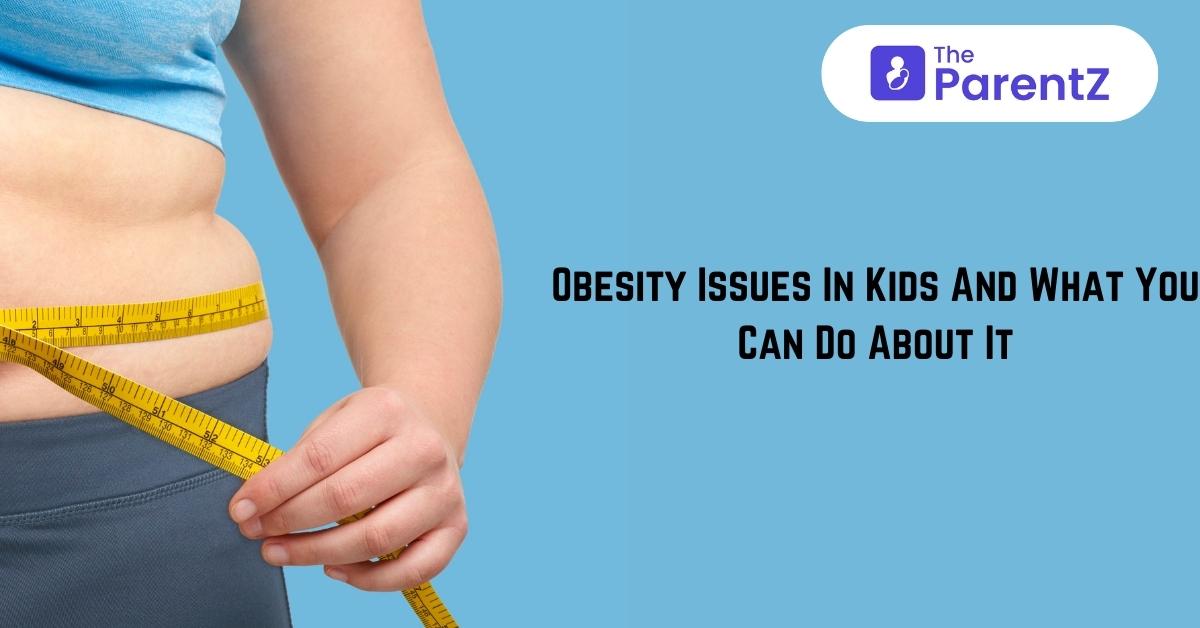According to WHO, more than 340 million adolescents and 39 million children are obese or are suffering from obesity issues. The numbers keep increasing & as a projection approximately 167 million people – adults and children – will become less healthy because they are overweight or obese by 2025.
In the United States & Australia every one in five children are either obese or overweight. And the numbers are still increasing at alarming rates globally. Read below to find out everything you need to know about obesity issues in kids and what can parents do about it.
What is child obesity?
Our body requires a certain amount of calories to function & behave effectively. If we eat more than the daily requirements of calories, it accumulates resulting in increase in weight & excessive body fat.
Over time, if the habits persist this may lead to obesity. Scientifically, having a BMI (Body Mass Index) at or above 95th percentile depending on the children of same age & sex refers to that the child is obese.
Well, it’s advised to consult professionals when it comes to health related problems. But in case, you want to address the problem of how to calculate BMI of your child. Generally, follow these basic steps:
- Calculate the height of your child in metres.
- Measure the weight of your child in kilograms.
- Calculate the BMI by dividing a child’s weight by the square of the height.
For Instance,
BMI for a 1.5 metre tall child whose weight is 18 kg will be – 18 divided by (2.25) is 8 percentile which is considered to be a healthy weight.
What are the causes & symptoms of obesity issues in children?
Obesity in children is a serious public health issue, if it is not addressed at early age it may lead to adulthood obesity & dramatic health problems such as diabetes, high blood pressure & even depression.
So the question here is how can I look after the pre-symptoms of it?
Well, the healthy rule of thumb is to get a regular health check up & to keep an eye on the BMI of your child from time to time.
But you can also observe some major symptoms in the child who are obese or at an early stage of obesity such as lethargyness, breathlessness, increase in body weight & fat, sleep disorders or joint pain.
Note: It’s important to pay attention that these are not only the symptoms that can indicate a child is obese. Therefore we always advise to seek a professional in the first place.
Health risk associated with childhood obesity
If not treated, childhood obesity may lead towards serious short-term & long-term problems, health related risks & problems. This may include problems such as
- Physiological
Studies show that people who suffer from obesity are more prone to have heart attacks & heart related issues compared to the ones who are fit & healthy.
Furthermore, not only does the likelihood of diabetes, joint-related problems, respiratory diseases and disorders increase significantly, but sleep insomnia also becomes a heightened risk.
- Psychological
Obese adults & children are likely to have low self-esteem, often not may struggle with feelings of inadequacy & unlikeness.
This lead them to an increased susceptibility for falling into depression or having anxiety or panic attacks.
- Social
Children who are obese or having obesity issues find it very difficult to connect with others. They avoid social interactions in general due to their inadequate inter & intrapersonal feelings.
Therefore they have a hard time to connect or make bonds with others in the society.
How can I cure obesity issues in my child?
If you have successfully acknowledged that your child is suffering from obesity or its issues. Then there are certain things you as a parent can do that may contribute to a better quality of life for your children.
When it comes to disease some are the inherited ones, but some of them are the results of the choices we make in our lifestyle. By altering them, we can change the course of our life.
- Healthy Eating Habits
- Healthy Sleeping Patterns
- Regular Physical Activities
- Positive Environment
- Awareness





Be the first one to comment on this story.